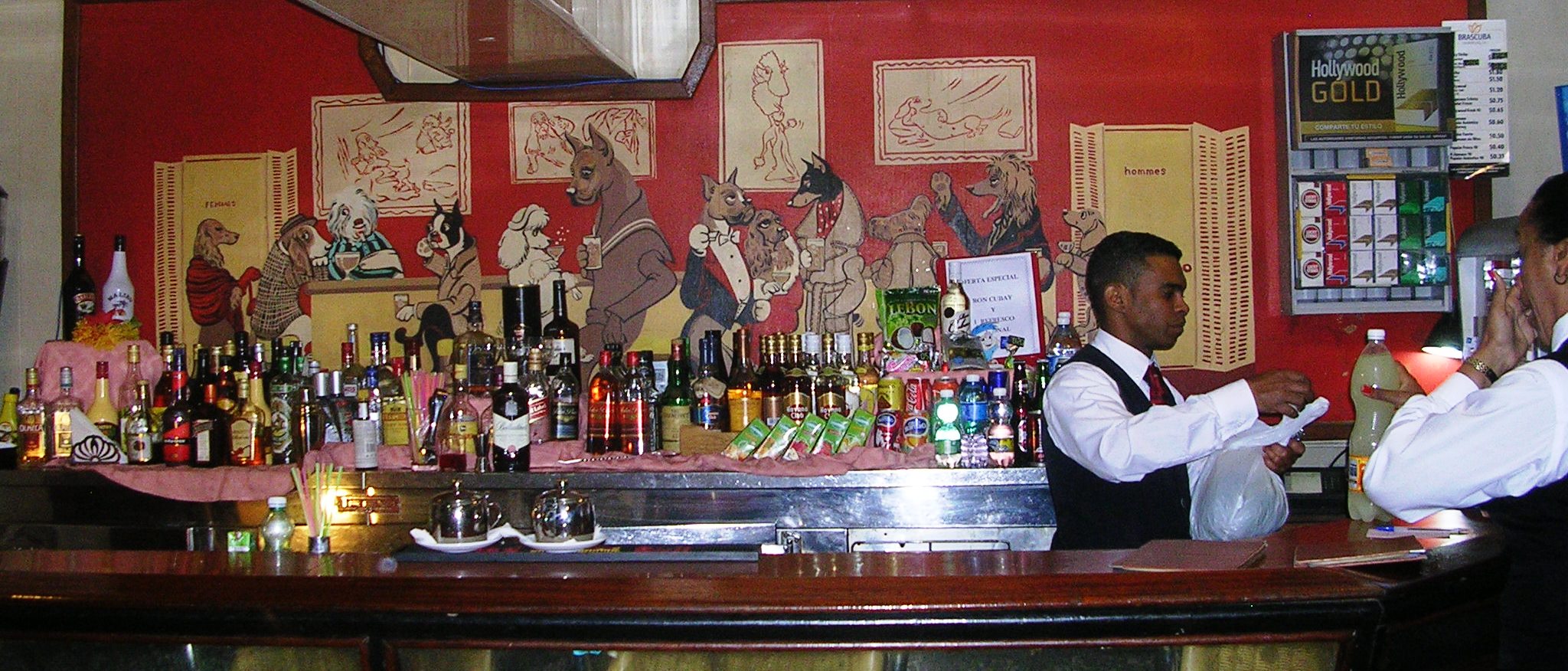Paul Webster Hare, Financial Times. May 11, 2015
Original here: Revolutionary in a Business Suit
Both leaders wore business suits at the Panama summit last month. Raúl Castro, the one-time guerrilla from the Sierra Maestra, shook hands with Barack Obama, the former law professor from Chicago. Are Cuba and the US back in business?
In its “normalisation” of relations, the US is finally catching up with more than 100 other countries with embassies in Havana. Americans will now experience the Cuban way of doing business. Existing links can be built on: Cubans want more of the cheap food, such as chicken and rice, that has been sold by US companies in the past decade. They also want fully open US tourism: the prospect of their young people mixing with American peers on their traditional “spring break” is no longer feared by the Castros. Havana wants to maintain billions of dollars in family remittances from the US. But even when the 55-year-old embargo is dismantled, a new business relationship will take time to emerge.
Cuba in 2015 is not a country confidently set in a new direction. Mr Castro can see its past more clearly than its future. He remembers when US companies dominated the economy, and when he and Fidel nationalised them in 1960. Cuba later became dependent on other nations: first the Soviet Union and then Venezuela— which is now looking increasingly wobbly, an important reason to mend relations with America.
So what awaits US companies flying to Cuba? The welcome will be lavish. They will visit revolutionary showpieces such as the Latin American School of Medicine. The mojitos and cigars will taste better. Even the home-run distance at the Havana baseball stadium is marked in feet not metres.
Yet Cuba is still a foreign land for international business. Features of the revolution endure to this day; rudimentary use of the internet is only the most visible. Statistics are produced by the state and there is no independent verification. Foreign exchange reserves are never published. Military-controlled companies retain almost all the hard currency Cuba earns. State employees — estimated at more than 70 per cent of working-age Cubans — receive an average of less than $30 a month in currency worthless anywhere else. “They pretend to pay us and we pretend to work” is a joke almost as old as Havana’s Cadillac Eldorados.
Foreign investors and embassies, forbidden by law to select their own employees, pay well above state rates, producing absurd results: at the British embassy, I had a PhD in microbiology working as a nightwatchman. Education matters little when you cannot pay your bills. Apathy is prevalent: I remember the Havana fun fair manager who closed for lunch with a queue of 50 customers; and the biotech marketing managers who visited the UK but returned with no leads.
US companies bidding for foreign investment projects will face competitors from countries including China, Brazil, Venezuela and the EU. Political considerations will weigh heavily; and if things go wrong the business climate is unfamiliar. The courts have never ruled for a foreign business against the government. And, though Havana badly wants to buy US imports on credit, its record on payment is poor.
Mr Castro will want to put in place a framework for new relations with the US before he steps down in 2018. But he has not yet signalled he wants Cubans to grow rich in private business. Few countries can match the investment potential of his nation. Cuba currently has only two golf courses; the Dominican Republic has more than 30. Some projects will succeed; yet the recent jailing of British investors in Havana’s luxury Saratoga Hotel — after a trial that took place behind closed doors, of which few details have been released — serves as a warning.
The Castro brothers in the Sierra Maestra proceeded cautiously, building their campaign of revolution. American businesses should recognise that they are dealing with the same strategists.
The writer was British ambassador to Cuba from 2001 to 2004, and is now a lecturer at Boston University
 The bar at the Hotel El Colina: an unlikely venue for US-Cuba business deals despite its great pre-Revolutionary canine mural.
The bar at the Hotel El Colina: an unlikely venue for US-Cuba business deals despite its great pre-Revolutionary canine mural.

